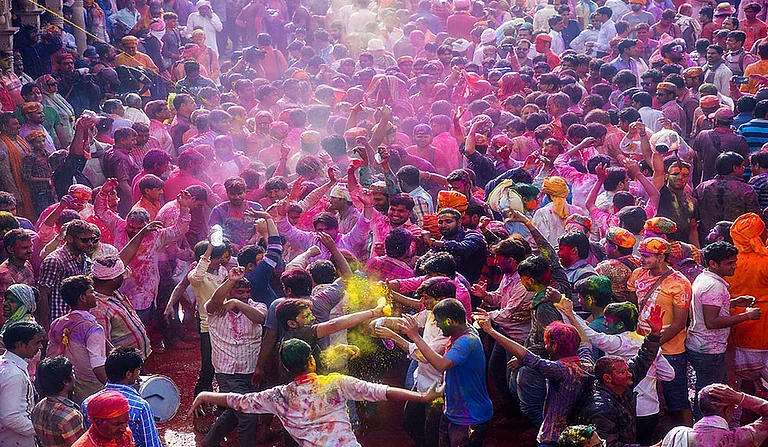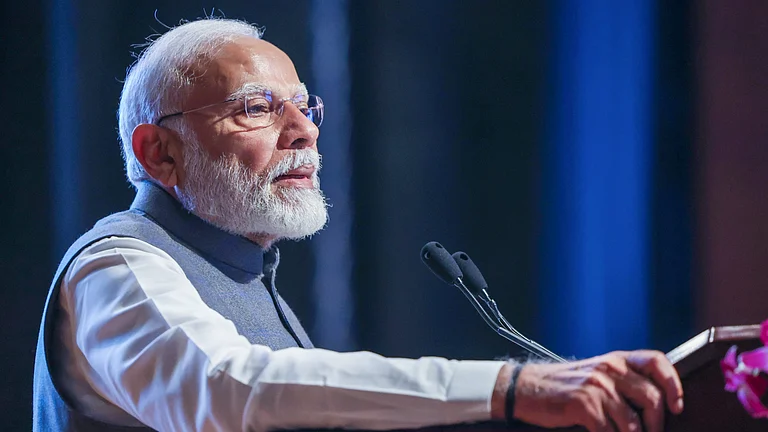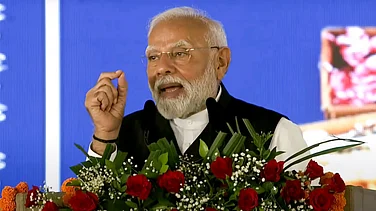On a humid Friday night in Mumbai, 32-year-old Aditya (name changed) thought he was meeting someone special. His date insisted on a particular restaurant in Mumbai’s Andheri suburb, where she ordered cocktails, starters, mains, and desserts freely. When the bill finally landed, it was more than Rs 18,000. She excused herself to take a call and never returned. Aditya was left staring at the slip, embarrassed and unsure how he had walked straight into a trap.
A week later in Thane, Rohan, 28, found himself in a similar fix. He matched with a woman on a popular dating app who suggested a rooftop lounge in Thane district’s Govandi suburb. By the end of the evening, he was pressured into paying a Rs 22,000 tab for expensive wine and premium dishes he hadn’t even touched. Later, a friend told him the restaurant had a reputation for “working with” such dates to lure men into overspending.
These aren’t isolated incidents. Instead, they point to a growing trend: men targeted through staged romantic encounters that leave them with steep financial losses and emotional fallout. The wave of similar stories appearing on social media underscores this broader, troubling shift.
In response to this rising problem, dating apps, now important for Gen Z and millennials, are coming under scrutiny. Platforms have started issuing safety advisories and new features, including scam alerts, phone number masking, and stricter checks to flag suspicious behavior.
Paul Keable, Chief Strategy Officer at Ashley Madison, a Canadian-French online dating service and social networking service, acknowledged the growing problem. “We take all forms of fraudulent activity seriously, including scams reported in India,” he said. “We have implemented safeguards such as internal moderation, active account monitoring, and community reporting tools to minimize risks for our members.” To restore trust, Ashley Madison has also begun rolling out stricter verification systems, selfie and government ID checks, to weed out fake profiles. Keable explained that these steps are part of a larger push to create “a community of trusted, discreet daters.”
Other platforms are experimenting with AI-driven tools to detect red flags before users fall victim. The focus, Keable added, is on smarter monitoring systems, stronger privacy protections, and resources that help members feel safe while navigating the often unpredictable world of digital dating.
There is also recognition that tackling the problem requires collaboration. “We will respond to legal requests appropriately and are evaluating opportunities to educate our members in India on safer dating practices,” Keable said.
Chandni Gaglani, Head of Aisle Network, said: "To ensure our members can focus on building meaningful relationships with confidence, we've implemented a comprehensive two-step verification system. Our advanced AI technology has a liveliness selfie verification, which first analyzes and verifies all profile pictures. It is then followed by careful human review and approval. This dual-layer approach ensures that only authentic individuals join our community."
Quack Quack, another dating platform, has been implementing several new advisories and measures to combat such fraud. “We are adding new security layers to combat such scams.” CEO Ravi Mittal said. We constantly advise against sharing contact numbers and other social media details in conversations. We also mask phone numbers, which are frequently used in conversations and when creating profiles. These numbers are not allowed to sign up for a new profile on our platform,” Mittal said.
Even with new safeguards in place, much of the problem remains hidden. Due to a stigma surrounding the reporting of these scams, many cases remain unreported to both the police and friends. Experts note that men, in particular, tend to hesitate when speaking out about being scammed on a date, fearing ridicule or judgment.
This hesitation creates fertile ground for the scams to continue unchecked. Without many victims coming forward, perpetrators rarely face consequences. In some cases, men choose to absorb the loss quietly to avoid embarrassment. Lawyers and psychologists warn that this silence helps scammers and conceals the true extent of the problem, making it harder for law enforcement to respond effectively.
For Aditya in Mumbai and Rohan in Thane, the price of trust was both financial and emotional, a harsh reminder that romance in India’s digital age is increasingly treacherous for men. As scams blur the line between genuine interest and manipulation, India’s dating landscape points to a challenge that platforms and authorities must address before more men become targets.























